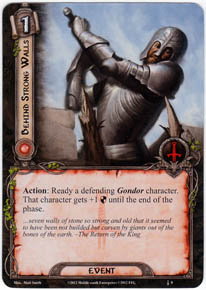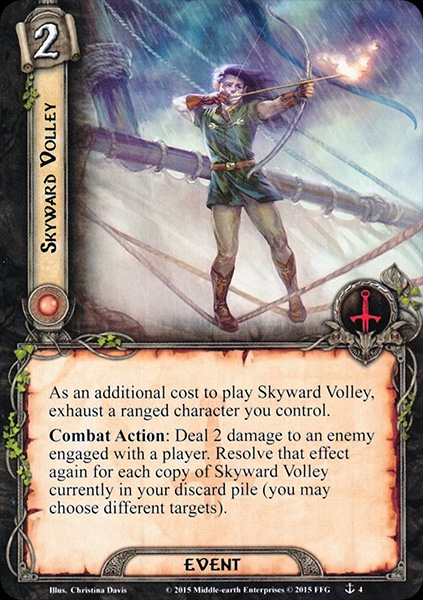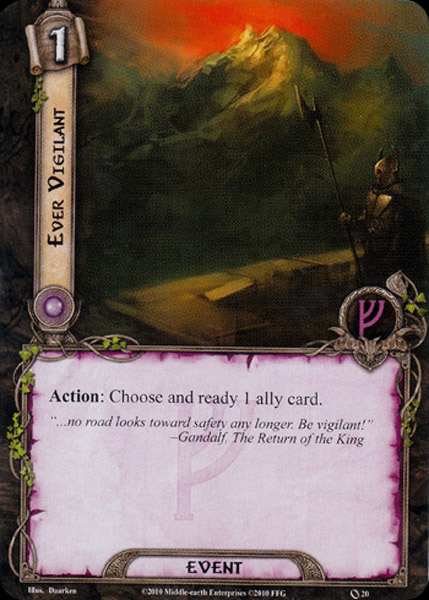After Gondorian Spearman (or any defending character) killed the attacking enemy with his response (or Goblin Cleaver), is he still considered a defending character to use Behind Strong Walls?
I can't see anywhere in the rulebook saying missing attacking enemy will immediately end the attack.



